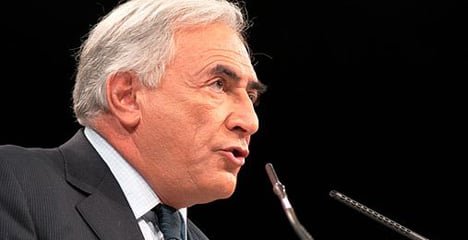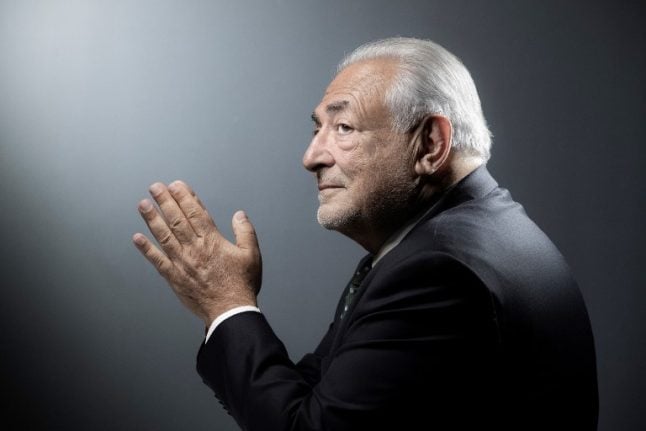Strauss-Kahn had denied any criminal wrongdoing in the incidents investigated, which involved evenings with prostitutes and took place in Washington in late 2010, while he was still International Monetary Fund boss.
The Belgian woman who was supposed to have been the victim of the alleged rape wrote to French police in August to say she had consented to sex acts and was not pressing any charges, said the prosecutor's office in Lille.
It added in a statement that as there was no offence committed, a preliminary investigation that had been opened was now being shelved.
Strauss-Kahn, two businessmen and a police chief were in March charged with "aggravated pimping in an organised gang" for allegedly organising a prostitution ring for orgies in France, the United States and elsewhere.
That investigation is ongoing.
The Socialist politician's career collapsed spectacularly after his arrest last year on accusations he sexually assaulted a New York hotel maid.
The charges were eventually dropped but Strauss-Kahn, who was once considered a favourite for the French presidency, has since faced a series of criminal and civil actions in connection with alleged sex crimes.
The hotel maid, Nafissatou Diallo, has launched a civil suit against him in New York seeking unspecified damages, while he has in turn filed a countersuit for malicious prosecution and defamation.



 Please whitelist us to continue reading.
Please whitelist us to continue reading.
Member comments